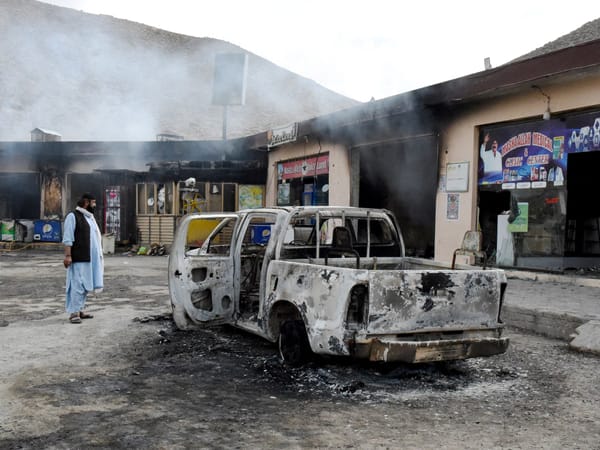
Pakistan’s Rightful Enforcement of Immigration Laws for National Security
The Afghan embassy in Pakistan has issued a statement regarding the ongoing deportation of Afghan nationals from Islamabad and Rawalpindi. The Pakistani government, in line with its immigration laws, is ensuring that all illegal immigrants leave the country as per the outlined policy. This process is not unprecedented, as every


